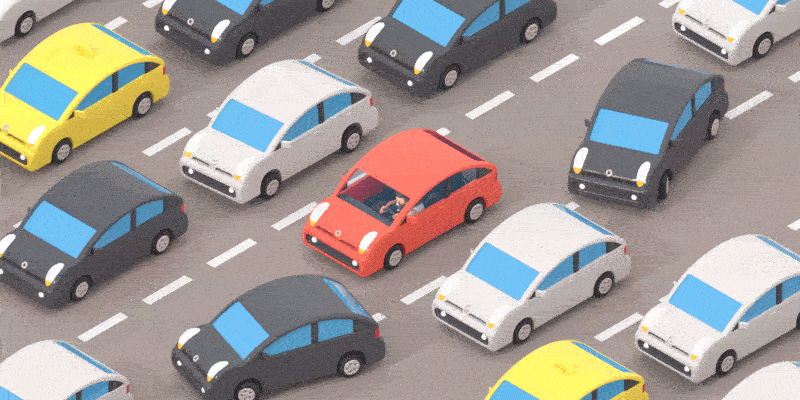Studio Dad – Thoughts on Unemployment
We have all experienced the T-junction when driving. We are tired. We hit the junction. We want to turn against the traffic. The traffic is heavy, and it never stops. Will it ever? We can, if we have a few seconds, turn left or right but there is also a string of cars leading back behind us in our rear-view mirror. You wait and wait (only for a few seconds) hoping that small gap will appear so you can nip out and continue your journey. But, what if, just what if the traffic never stops? What if you get stuck there…forever?

Of course, eventually the gap appears, you move out and that momentary feeling of despair disappears, until the next time you get momentarily ‘stuck’. Of course, we do not like being stuck or halted because, of course, we feel we have lost control. In what other areas of life can we feel the same?
Well, from personal experience, I would say becoming unemployed can bring about the same sense of frustration and, but what is added into the mix is the real possibility that we can become ‘stuck’ forever. You may indeed, to extend the metaphor, spend years waiting for the traffic gap to come along so your life journey can continue. We do not know, for sure, when something is happening to us that it will eventually stop happening to us. Life is easy when lived retrospectively.
Meeting challenges is part of everyday life. A bit of hardship does us a bit of good. It is painful while it lasts but we can learn from it. But since the 1980s whole areas of our country have experienced chronic unemployment that began in 1981 and continues to this day. People who lost their job then are now retiring from the labour market having never worked again. They sat at the T-junction and never got to turn left or right again.
“These people, who meet failure, will make all of our futures better.”
The truth, though, is that most people who lose their jobs find something else in six to eight weeks and the experience of unemployment becomes a blip in their CV. One tip I would give is not to include it! Fib a little. Of course, data does not spare our feelings. Losing a job, which can be a central part of our identity, can engender the feeling of standing in a wasteland, where no help will come (here think about my T-junction). You can feel defeated, unhinged, left behind.
As lockdown lifts, we will see people who were victims, not just of the disease, but of the economics. People who did everything right. People who studied, people who took risks, people who worked so hard, people who took the right decisions. People who became employed. And their dreams will be shattered. I would argue, though, that what made them successful in the first place, the ability to look and check when waiting at the T-junction for the next gap, is exactly what will get them back on their feet.
These people, who meet failure now, will make all our futures better.




